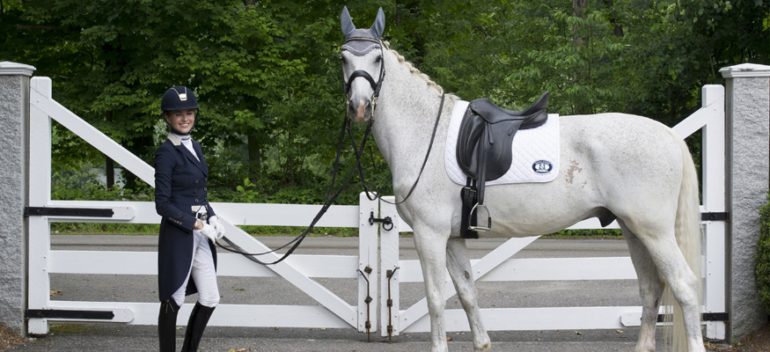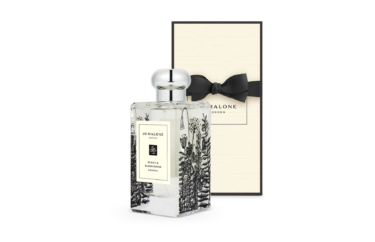Basics tips that will help you provide complete care to your horse
Featured Article
Gleaming coat, healthy long and full tail, bright eyes, exuberant gait – that’s the picture of a healthy, happy horse we all love to see. However, getting there is, quite a challenge…but not impossible.

So, what does it take to get there?
PROPER HORSE CARE!
Wondering How?
The answers are right here. Scroll down, and you’ll know the basic care tips. With these tips tucked safely under your belt, you will be prepared to offer your equine friend the best life he/she could ever ask for.
Housing/Shelter
Horses love turning out as much as possible (If it were up to them, they would spend 24*7 grazing on forage!). But they do need a shelter from the elements. And, when you put up big barns, stalls or run-in sheds, remember these considerations:
- High, well-drained area; away from wetlands, creeks, and ditches
- Dry flooring – rubber mats on top of thick gravel provides great footing and hoof-healthy shelter
- Optimum ventilation and light
- A plan for compost bins
Weight Management
‘Too fat’, ‘too skinny’ or ‘right weight’ – in which category your horse falls in? Anything other than ‘right weight’ can put your horse at risk to many health issues – laminitis, lipomas, and insulin resistance to name a few. Here are some weight management care tips.
- Feed enough bulk but control the calories
- Regularly check the fat score of the horse to make dietary adjustments
- Ride him for at least 30 minutes a day
Nutrition and Diet
Maximize supply of food and water: Being a trickle feeder, your horse needs pasture or hay throughout the day, with additional grain feedings. An average size horse eats approximately 2-3% of his body weight in forage and drinks 8 to 15 gallons of water daily. Also, have a check on the cleanliness of automatic waterers, buckets or water troughs. The key is having the best kind of equestrian supplies that will help you in providing complete care to your horse.
Minimize grain feedings: As a rule of thumb, a mature horse should be fed no more than 0.3 -0.4% of the body weight in fortified grains. Remember, overfeeding cereal grains may cause nutrient-related ailments.
Minerals and vitamins: When common feedstuffs do not give adequate minerals, go for supplements. Sodium chloride (salt) is a free choice here. However, you should always maintain a calcium-phosphorus ratio of 2:1 to avoid digestive tract ailments.
Speaking of vitamin supplements, they are required for the horses that are on high-grain, low-forage diet (as in race training), the poor eaters, anemic ones or those on older hay.
Horse Health
Visual checks: Sure, regular trips to the Vet play an important role in overall horse wellness. However, the key here is doing visual checks daily because horses are magnets for injuries. You’ll want to identify swelling, bruises, cuts and puncture wounds on horse’ leg, body, and head. Also, check for runny eyes and noses, coughing or wheezing.
Equine first-aid kit: A well-stocked first aid kit comes handy in case of accidental injuries or in times you have to wait until the Vet arrives. So, what goes into a basic equine first-aid kit? Self-sticking bandages, rubbing alcohol, sterile gauze, antiseptic wound cleaner, zinc oxide cream, Epsom salt, scissors, surgical gloves, thermometer, wire cutter, wet wipes, roll cotton etc.
Oral care: Just like us, humans, horses also need dental checkups and cleanings – every six to twelve months. If not addressed on time, dental problems may reduce their willingness to eat and leads to other health issues.
Hoof care: Besides routine hoof trimming and shoeing, maintaining the shelter free of sharp things that may injure the hoof, regular scrubbing and removing stuck-on mud, and hoof inspection are all crucial. Remember – ‘No Foot, No Horse’!
It’s also important to have de-worming and immunization schedules in place to keep the horses healthy (and happy).
There are no one-size-fits-all tips to care for the horses because every animal and every situation is different. It’s up to you how you look after your equine companion. Understand your horse’s instincts, do not give chances for ‘fear memories’, give him plenty of grazing time, and allow him to move and make friends. And, last but not least… do not hesitate to get your hands on moreequestrian supplies and grooming equipment to take horse care to next level.








